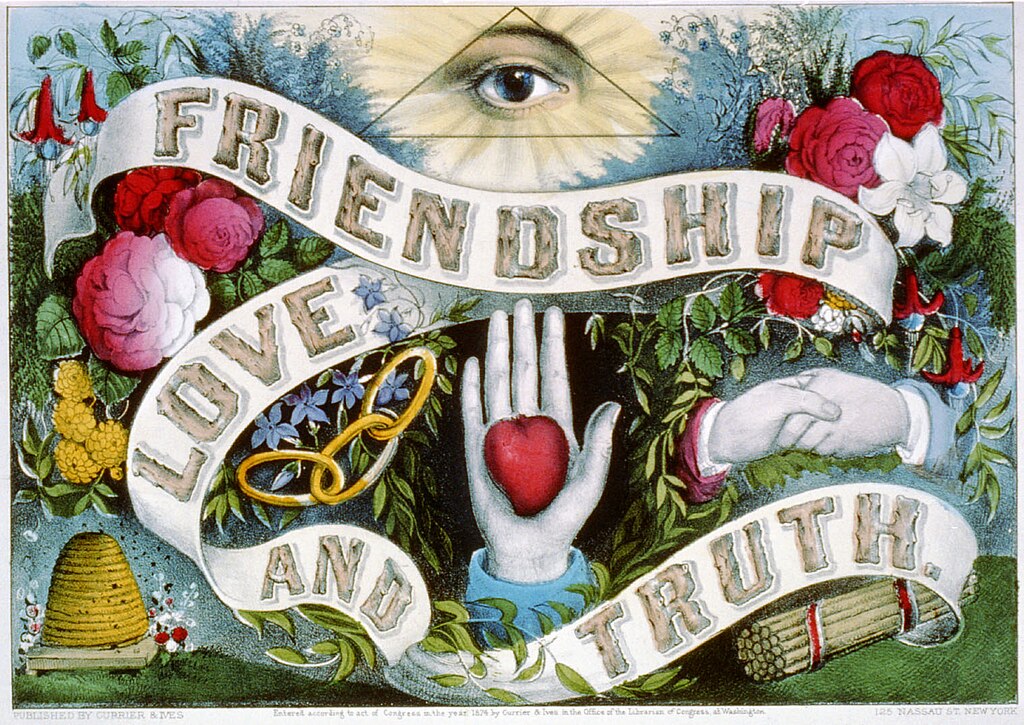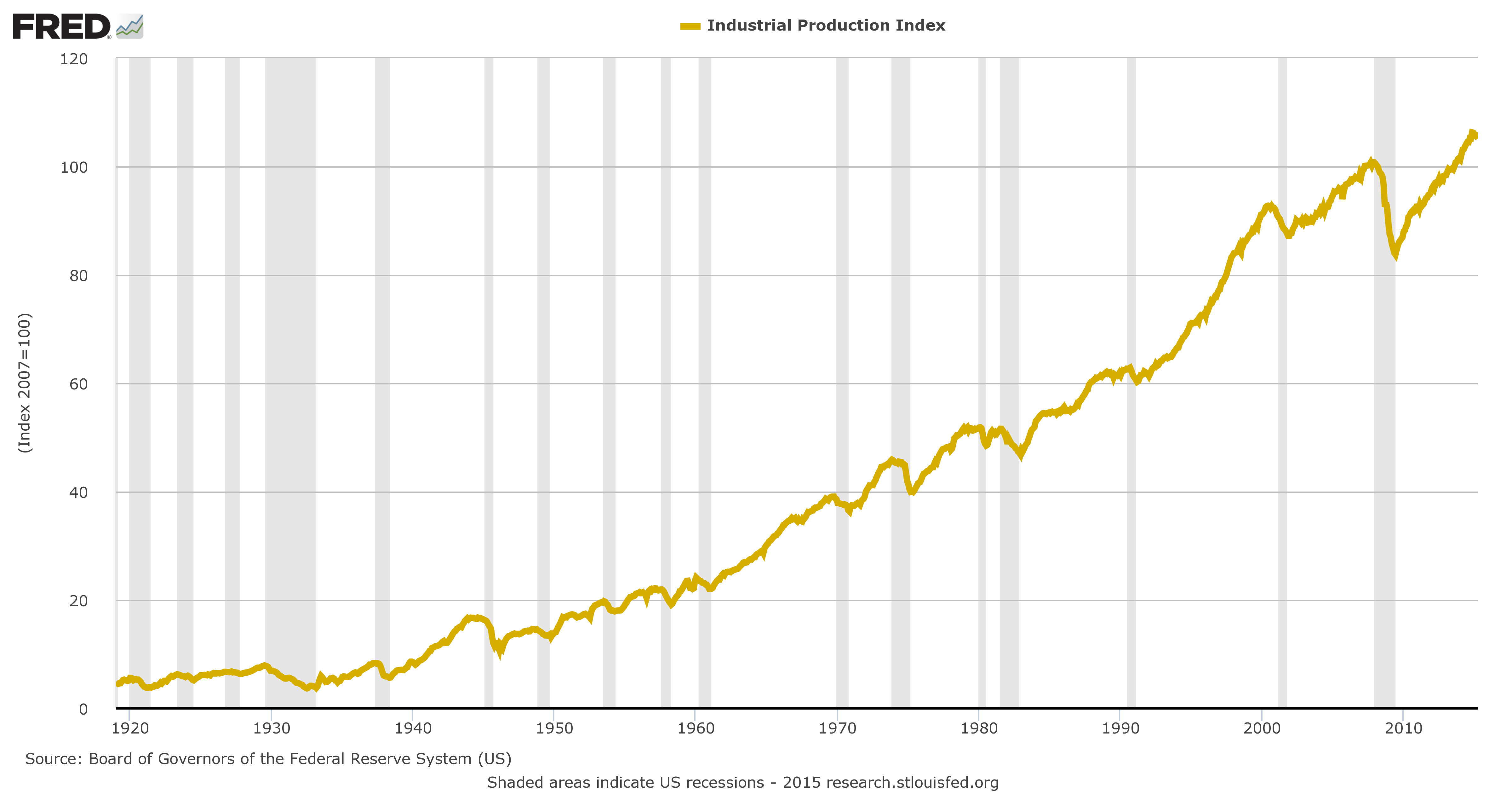 |
| Currier and Ives print , 1894 |
Reinforce the behavior you want.
In radical behaviorism, everything we do is a behavior. This includes our physical actions that can be observed by others, as well as our thoughts and feelings - the "private events" that can only be felt by ourselves. The term reinforcement refers to any stimuli that occurs after we engage in a behavior that increases or maintains that behavior. Common reinforcers in our lives are generally things that cause us pleasure - sweets, nice smells, soft blankets, pretty music, hugs, kisses, smiles. Reinforcement can also come from the removal of something we don't like - for instance putting up an umbrella on a rainy day is taking away the cold rain and thus reinforces the behavior of putting up an umbrella. Punishment is the opposite: a stimulus that occurs after a behavior that weakens or stops the behavior from occurring in the future. But for today I want to focus on reinforcement.
As you can imagine, at any given moment, we are engaging in an enormous number of behaviors. We are looking with our eyes, listening with our ears, feeling with our skin, pushing our muscles about into different positions. Each of these actions takes place in interaction with the environment. We see colors, we feel textures, push against objects. We also feel physiological changes in our bodies, such as emotions, pain or pleasure. Part of our awareness of this is of the physiological effects such as goosebumps, tightening of stomach muscles or quickening pulse. But it is also the relationship between events over time: we are sad because we aren't deriving joy from normally joyful activities. Or we are excited because we are jumping up and down.
In radical behaviorism, "we" aren't actually the cause of any of these behaviors. Rather, our bodies take place in a continuum between past and future events in which our genetic make-up is interacting with the world around us, continuously forming a "learning history". There is no "self", an entity somehow removed from the physical body that is processing information - "thinking" - and then choosing how to act. Thinking is a behavior like any other, and it is a result of environmental and physical interactions.
An example: someone asks you what you would like to eat for dinner. You say, "Just a minute, let me think about it." At this point, there is no "you" who is processing information and then relaying it back to the physical world. Rather, the verbal question is a series of conditioned stimuli - "like to eat" and "dinner" refer to activities you have previously experienced and/or made associations with. These associations evoke in you a series of conditioned responses. You are now under social pressure to answer - you have learned the consequences for not answering (there also consequences for answering). So you are prompted to engage in the behavior of emitting verbal behavior to the questioner that relate to the verbal stimuli in the question. "What" and "you" places emphasis on your responding. "Eat" and "dinner" are the cues as to what associations to make. You then engage in the learned behavior of associating - literally and briefly experiencing relative pleasure sensations of the places that you have eaten, were thus relatively reinforcing, and to which a value can be assigned according to which is more or less powerful.
Whew. All of this is quite complex. And I was only scratching the surface. The truth is that we are all engaged in an incredibly complex series of behaviors, moment to moment, as we go about our day. Engaging in verbal behavior, whether with other people or with books, magazines or other verbal materials, is the most complex behavior - literally, in the universe. The causal chain between stimuli in the environment over our individual learning histories in the past and our current behavior in the environment of the present is tremendously complicated.
The science of behavior has identified predictable patterns of behavior in which responses are allocated according to the schedule of reinforcement over time in which we are living our lives. Behaviorists will often refer to all of this this as a "sea of reinforcement". We live our lives in this sea, little boats us, traveling about based on the environment in which we sail.
As members of society - friends, family, co-workers, voters - our actions have effects on others. Indeed, the science of behavior tells us that the behavior of individuals is determined in large part by the society in which they grow up and live their lives. From birth, they set sail on the sea of reinforcement. How many hugs they get, how much time they spend ignored. How many kind words they receive, or how many harsh threats. More importantly, what behavior they were engaging before the stimuli occurred is or is not being reinforced. If the child asks an inquisitive question about a novel item and is rewarded with attention - an explanatory response - they will be more likely to ask inquisitive questions. (Indeed, their private behavior of "inquisitive thinking" will be reinforced). If, however, they receive no response, this behavior will not be reinforced. In behaviorism, this is called "extinction": a previously reinforced behavior that occurs yet receives no reinforcement will be less likely to occur.
(I've written on this blog many times before about the classic Hart and Risley study which developed longitudinal data on this very phenomenon among different socio-economic groups. The study was landmark in pointing to the effects of socio-economic disadvantage on children's language development. Todd Hart was a founding contributor to The Journal of Applied Behavior Analysis.)
Reinforcement isn't only about the behaviors you want. It works just as well on those you don't. When people engage in bad behaviors - we would call them "maladaptive" - these have previously been reinforced in their learning history. They have learned these behavioral repertoires because they have been functional for them in some way; they have been rewarded for them. Kids learn quickly how effective screaming can be to get what they want. When that doesn't, a swift push or punch also does the trick. All manner of attention-seeking behaviors can be observed in everyone from small children to adults. Look at how much reinforcement Donald Trump receives for his antics.
This becomes difficult to understand when the bad behavior seems self-destructive. Why does the school-yard trouble maker continue to goof-off in class and alienate himself on the playground? Wouldn't doing his work and being kind earn the kind of accolades and friendship any kid would want? Why does he "choose" to behave this way? Classical terms for these children (and adults) are mentalistic - they originate cause in the "mind" of the individual, as opposed to the environmental learning history. They place moral judgment on him for "choosing" to engage in maladaptive behaviors instead of appropriate behaviors. We call him "lazy", "mean" or "hyperactive". In assuming that he could have done otherwise, we allow morality to enter the picture, asserting that he has failed in his obligation to follow moral rules. We place responsibility for his actions within him, as if he could have possibly done any different. Of course, there is morality - right and wrong. But the error we make as a society is in blaming the individual instead of the "sea of reinforcement" in which the individual is operating.
The science of behavior has established that this framing and use of mentalistic terms are unnecessary. A parsimonious account of all behavior can be made that is deterministic and lawful, and is certainly at least as explanatory as an mentalistic account (which isn't really an account at all but rather an appeal to circularity: one is lazy because one acts lazy, which is the cause of one's laziness). Behaviors are a function of and contingent upon schedules of reinforcement and punishment. There is nothing about a mentalistic account that explains anything that a radical behaviorist account of actions cannot. Of course, we will never have access to an individual's entire learning history. However, we can review patterns of previous behavior, take stock of the current environment, and if necessary do a functional analysis. A functional analysis involves manipulating environmental variables to isolate relationships between the independent variable (the environmental condition) and the dependent variable (the behavior). For instance, if a behavior is maintained by gaining access to a preferred item, removing the item will increase the behavior while returning the item will decrease it.
For the troubled kid at school, the behavior is most likely not new, and takes place in a context of a learning history in which certain events in the environment trigger a behavior and then it is reinforced. It could be a variety of things, but commonly with these kids it is escape from demanding tasks, and a desire for attention. The bad behavior occurs and the demands are temporarily removed. The behavior is then reinforced when the child is reprimanded. A vicious cycle develops where the majority of social attention the child receives comes in the form of reprimands - or sometimes laughter from other students - which reinforces the bad behavior. Years of this go by. Often times home life isn't so good. There are likely few times in the child's day in which he is being reinforced for good behavior. No one pays attention to him when he is quietly sitting in his seat. Teachers are likely happy no not have to be dealing with him for the moment.
Interestingly, many teachers are not trained behaviorally and end up reinforcing bad behaviors and then wondering why they continue. The child typically stops when they reprimand him, giving them a momentary reprieve, which reinforces their reprimanding behavior. The best thing for a teacher to do is likely to ignore the misbehavior and focus on the positive behavior. Of course, it is difficult to do this in a classroom filled with other children. But if the behavior is being reinforced by attention, we don't want to give it any.
However, what these children need is for their appropriate behaviors to be reinforced. What is it we want them to be doing? Listening quietly. Raising their hands. Tolerating demands. Expressing themselves via words. Being kind to others. Sharing. Caring. They need extra reinforcement when they engage in each of these. Ideally, we would be able to be continuously monitoring them and doling out the reinforcement for each of these behaviors. We want them to increase and happen all the time! We want to reinforce the behaviors we want to increase, and place the maladaptive behaviors on extinction.
The nice thing about good behaviors is that they actually do bring their own naturally reinforcing consequences - having learned to ride a bike, many new pleasures are now available! Artificial reinforcement can then be thinned as the individual comes into contact with natural reinforcement. But they have to occur often enough and consistently enough. One schoolyard punch can harm many days of polite caring and sharing behavior. But sharing and caring brings friendships, fun activities and lots of social praise. Tolerating demands placed allows one to learn easier, faster, and with more joy.
So how does one reinforce the behaviors one wishes to see in others? By making them happy, essentially, after they have behaved appropriately. Social praise is the easiest and most common conditioned reinforcer. Compliment them. Show them how much you care. Give them a friendly slap on the back. Give them, a smile. Give them a hug. A classic teacher phrase ought to be applied throughout life: catch them being good.
In Applied Behavior Analysis, we focus on the positives. Inappropriate behavior needs to be corrected, and there are specific ways of doing that that are simple and effective. But even more important are the alternative, replacement behaviors that we want them to engage in instead. These sometimes need to be taught explicitly. But generally, people already engage in them yet may not be getting sufficient reinforcement to engage in them at a high rate. The nice thing about focusing on the positives is that they feel good for both parties. In relationships, a little positivity can go a long way. A nagging partner can do everyone a favor and pay attention to when the correct behavior is emitted. If the individual isn't taking out the trash frequently enough, try heaping on the praise when they do it. This will increase the rate of responding. Ditto for paying attention when the partner is talking. When they do it, make sure to lean over and give them a kiss, a hug or a squeeze. You don't necessarily need to use verbal language to communicate praise. You just need to make them feel good. The behavior will be reinforced.
This isn't always easy. We operate under our own schedules of reinforcement. Our behavior of reinforcing the behavior we want is itself a function of schedules of reinforcement. Maybe we don't have a learning history of praising others, or showing them affection. Maybe instead our behavior of nagging or finding negatives has been reinforced. In men, showing affection towards other men is actually frequently punished in children: homophobic culture reinforces behavior that seeks to punish small boys who engage in affection towards one another at a relatively young age. Social praise can be delivered in other ways, yet physical affection and compliments are often met with statements along the lines of, "what, are you gay or something!"
It also takes a lot of patience to ignore someone's bad behaviors and emphasize the positive. I'm certainly no saint myself. We have a long tradition in our religions of placing a high value on behaviors such as compassion, humility, generosity and turning the other cheek. We venerate those who are able to remain dignified, and rather than seek immediate retribution, instead find the good in others. This is what Jesus, Gandhi, Martin Luther King and the Dalai Lama are all known for. The current pope Francis is widely beloved for just this sort of attitude.
But what is "finding the good in others", but reinforcing the behavior we wish to see?
It isn't easy, but it makes the world a better place. We all help each other. We all create each other. We are all in this together and responsible for one another's behavior. Ultimately, there is no you or I, only us.










